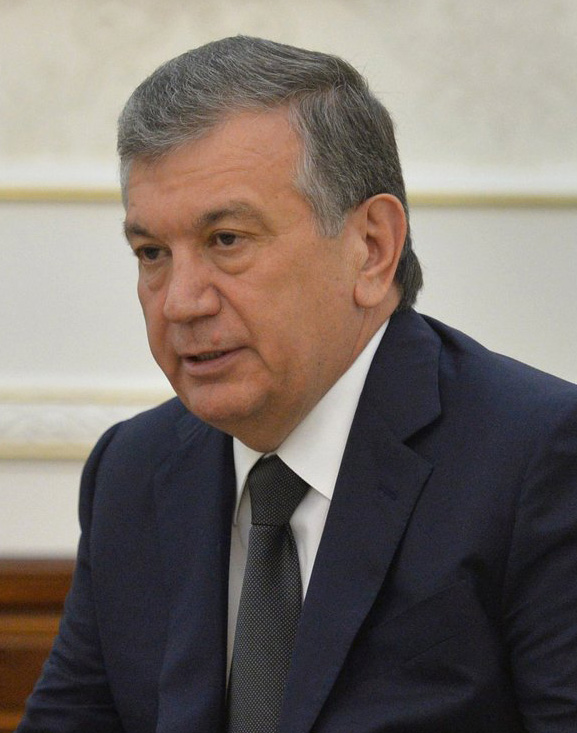Uzbekistan’s president Shavkat Mirziyoev has submitted a draft decree that envisages the introduction of a new renewable energy regulation, and the deployment of 500 MW of PV capacity, according to Russian news agency Sputnik, citing Russia’s state-owned press agency Ria Novosti.
According to the new provisions, the 500 MW of solar power will be installed between 2017 and 2021. The government said that five 100 MW PV plants will be installed across several unspecified regions, and added that the installations are expected to cost approximately $1.1 billion, without providing additional information.
The plan also includes the construction of a further 8 hydroelectric power plants and the expansion of the capacity of 13 existing hydropower stations by 154 MW.
Total investment for the plan will reach $1.8 billion, the government said. Of this sum, $854 million will be provided by project developers with their own funds, while another $804.6 million will come from foreign loans. The Uzbekistan Reconstruction and Development Fund and local investors will also contribute with $110 million and $113.4 million respectively.
Furthermore, the draft decree establishes that the country’s long-awaited renewable energy law, including the measures for the 500 MW plan, will come into force in the third quarter of 2017.
The plan includes three PV projects currently under development in the country. In January, local utility Uzbekenergo said there were three large-scale PV projects totaling 300 MW under development in the region of Samarkand. One of these is a 100 MW solar plant tendered by local utility Uzbekenergo in 2014. The project was awarded to Chinese solar company Singyes in December 2016.
At the time, Singyes said that the total sum of the contract was $147 million. The project was financed with $100 million by the Asian Development Bank, and with $200 million by the Fund for Reconstruction and Development and Uzbekenergo.
This content is protected by copyright and may not be reused. If you want to cooperate with us and would like to reuse some of our content, please contact: editors@pv-magazine.com.




2 comments
By submitting this form you agree to pv magazine using your data for the purposes of publishing your comment.
Your personal data will only be disclosed or otherwise transmitted to third parties for the purposes of spam filtering or if this is necessary for technical maintenance of the website. Any other transfer to third parties will not take place unless this is justified on the basis of applicable data protection regulations or if pv magazine is legally obliged to do so.
You may revoke this consent at any time with effect for the future, in which case your personal data will be deleted immediately. Otherwise, your data will be deleted if pv magazine has processed your request or the purpose of data storage is fulfilled.
Further information on data privacy can be found in our Data Protection Policy.